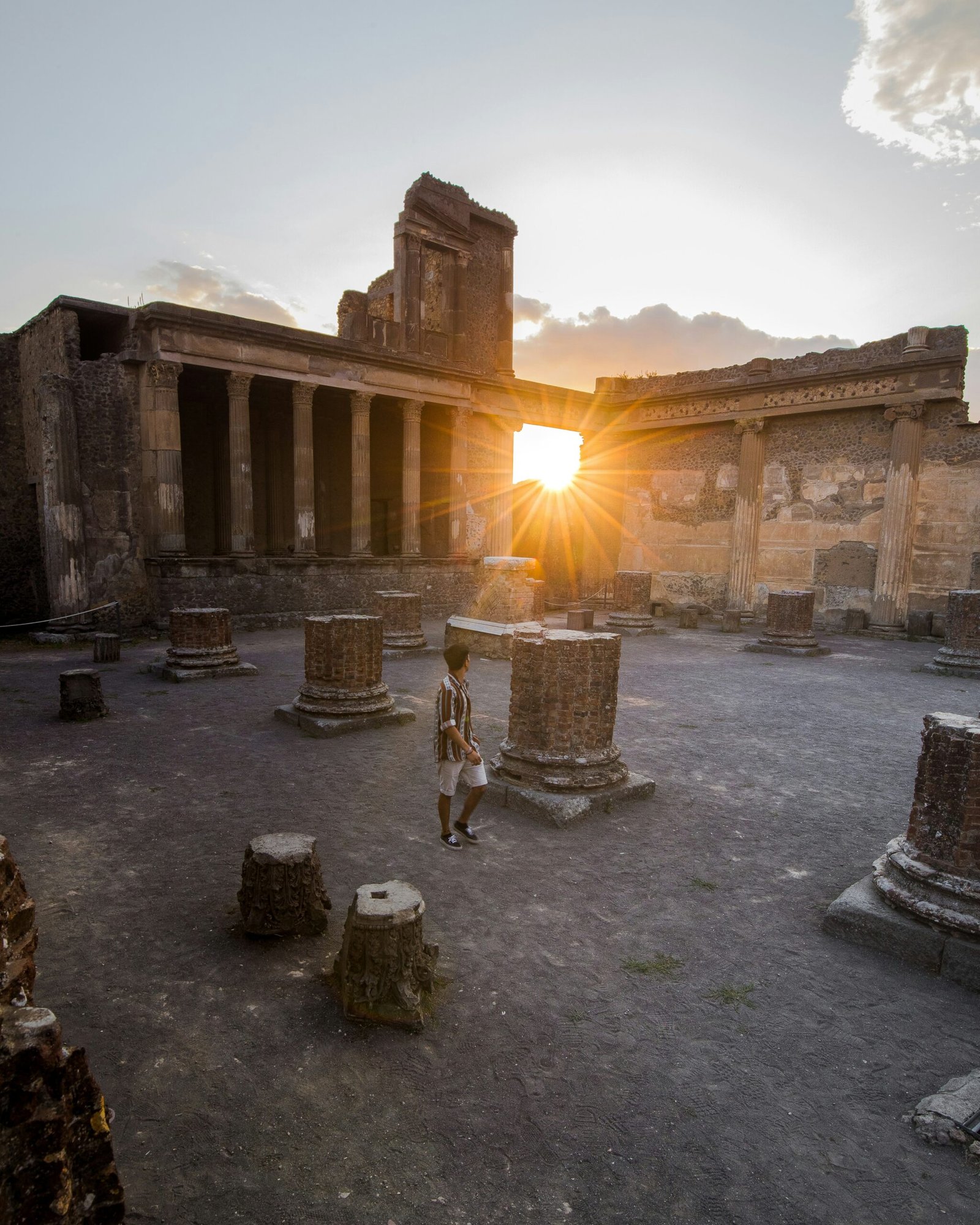
Introduction to Costa Rica’s Drinking Culture
Costa Rica, known for its breathtaking landscapes and rich biodiversity, also boasts a vibrant and relaxed drinking culture. Alcohol plays a significant role in the social fabric of the country, seamlessly woven into daily life, social gatherings, and festive celebrations. From local bars to beachside resorts, the atmosphere is often filled with the clinking of glasses and laughter, as both locals and visitors partake in the joy of shared moments.
In Costa Rica, alcohol is not merely a beverage but a cultural experience. Traditional drinks such as guaro, a sugarcane-based liquor, and Imperial, the iconic Costa Rican beer, are integral to social rituals. Whether at a family barbecue, a neighborhood fiesta, or a national festival, the presence of alcohol is almost a given, enhancing the convivial spirit and fostering a sense of community.
Understanding the drinking age and related rules in Costa Rica is crucial for tourists aiming to enjoy their vacation responsibly. The legal drinking age in Costa Rica is 18, and this regulation is strictly enforced to ensure the safety and well-being of all. Familiarizing oneself with these rules can prevent potential legal issues and contribute to a more enjoyable and hassle-free experience.
Moreover, being aware of the local drinking customs and the legal drinking age helps visitors respect the culture and engage more meaningfully with the local community. It ensures that tourists can participate in social activities and festivities with confidence and respect, thereby enriching their overall travel experience in this beautiful Central American nation.
By acknowledging and adhering to Costa Rica’s drinking regulations, tourists can fully immerse themselves in the country’s lively drinking culture while maintaining a safe and responsible approach. This balance is key to ensuring a memorable and enjoyable vacation in one of the world’s most picturesque destinations.
Legal Drinking Age in Costa Rica
In Costa Rica, the legal drinking age is set at 18 years old. This regulation aligns with the country’s broader legal framework intended to safeguard the health and well-being of its younger population. Individuals under the age of 18 are prohibited from purchasing, consuming, or possessing alcoholic beverages. Establishments that serve alcohol are also held to strict standards to ensure compliance with these laws. Failure to adhere to these regulations can result in severe penalties, including fines and potential closure of the business.
The enforcement of the drinking age in Costa Rica is taken seriously. Underage drinking is subject to legal penalties that may include fines and community service for the minors involved. Furthermore, establishments found to be serving alcohol to individuals under 18 years old can face significant repercussions. These can include substantial fines, suspension of their liquor license, and in extreme cases, permanent closure of the business. Such measures underscore the importance the Costa Rican government places on regulating alcohol consumption among its youth.
When comparing the drinking age in Costa Rica to other countries, it becomes evident that the age of 18 is relatively common. Many countries in Europe, such as France, Germany, and Italy, also set the legal drinking age at 18. In contrast, the United States enforces a higher legal drinking age of 21, reflecting different cultural attitudes and legal frameworks regarding alcohol consumption. This comparison provides a broader perspective on how Costa Rica’s regulations fit within the global context.
For tourists, understanding the legal drinking age in Costa Rica is crucial to ensure a safe and enjoyable vacation. Being aware of the rules not only helps in complying with local laws but also promotes responsible drinking practices. Whether you are visiting the vibrant nightlife of San José or the serene beaches of Guanacaste, respecting Costa Rica’s drinking age laws is essential for a trouble-free experience.
Where Can You Buy Alcohol?
In Costa Rica, purchasing alcohol is relatively straightforward, with several options available to suit different preferences and needs. Supermarkets are one of the most common places to buy alcoholic beverages, offering a wide range of options including beer, wine, and spirits. Major supermarket chains such as Automercado, Mas x Menos, and Walmart stock both local and international brands, providing a variety of choices for consumers.
In addition to supermarkets, specialized liquor stores are found in urban areas and tourist hotspots. These stores often carry a more extensive selection of premium and imported alcoholic beverages. They are particularly popular among those seeking specific brands or higher-end products. Prominent liquor store chains like La Bodega de Chema and La Licorera sell everything from local rums to fine wines and rare spirits.
Bars and restaurants are also prevalent across Costa Rica, especially in tourist areas and larger cities. These establishments typically serve a broad spectrum of alcoholic drinks, ranging from local beers like Imperial and Pilsen to internationally recognized cocktails. It is worth noting that while the legal drinking age is 18, some high-end venues may implement stricter entry policies, requiring patrons to be 21 or older.
However, there are some restrictions on alcohol sales in Costa Rica. For instance, the sale of alcohol is prohibited during election days, and some municipalities enforce “dry laws” (ley seca) during religious holidays and other special occasions. Additionally, most establishments cannot sell alcohol between the hours of 2:00 AM and 6:00 AM, although exceptions exist for certain licensed venues.
Overall, whether you’re looking to purchase alcohol for personal consumption or enjoy a drink at a local bar, there are ample opportunities in Costa Rica. Being aware of the local regulations and restrictions ensures a hassle-free and enjoyable experience during your stay.
Drinking in Public Places
Costa Rica, renowned for its vibrant culture and scenic landscapes, also has specific regulations regarding the public consumption of alcohol. Understanding these rules will ensure visitors have a safe and enjoyable vacation. In Costa Rica, drinking alcohol in public places is generally forbidden. This includes streets, parks, and beaches. The law aims to maintain public order and reduce incidents related to alcohol consumption in communal areas.
However, there are designated areas where drinking is permitted. Many restaurants, bars, and designated beach clubs allow patrons to enjoy their beverages within their premises. Additionally, certain events such as festivals and public celebrations may have temporary permits allowing public consumption of alcohol. It is essential to verify whether these permits are in place before consuming alcohol in such settings.
Violating the laws regarding public drinking can lead to serious consequences. Fines are the most common penalty, but in more severe cases, individuals could face arrest or detainment. The fines can vary depending on the severity of the offense and whether it is a repeat violation. Therefore, being aware of and adhering to local laws is crucial to avoid legal troubles.
To enjoy alcohol responsibly in public settings, it is advisable to always check for signs indicating whether drinking is permitted. When attending events, look for information regarding alcohol policies. Choosing to drink in licensed establishments not only ensures compliance with the law but also guarantees a safer environment. Additionally, moderation is key; excessive drinking can lead to unintended consequences and disrupt the enjoyment of your vacation.
By respecting Costa Rica’s laws on drinking in public places, visitors can enjoy their time without encountering legal issues. Whether savoring a local beer at a beachside restaurant or enjoying a cocktail at a festival, staying informed and responsible will enhance the overall vacation experience.
Safety Tips for Drinking in Costa Rica
While enjoying your vacation in Costa Rica, it is essential to prioritize your safety, particularly when consuming alcohol. One of the key aspects to remember is to avoid excessive drinking. Overindulgence can impair your judgment, making you more vulnerable to accidents and other risks. To maintain control, pace yourself by alternating alcoholic drinks with water or non-alcoholic beverages, and always be aware of your personal limits.
Another crucial tip is to stay in groups. Traveling with friends or family members can significantly enhance your safety. Stick together, especially when visiting bars or nightclubs, and make sure someone in your group remains sober to act as a designated driver or a responsible lookout. In unfamiliar surroundings, having trustworthy companions can provide an added layer of security.
Being mindful of drink spiking is equally important. Never leave your drink unattended, and if you must step away, take your drink with you or ask a friend to watch it. Accept drinks only from trusted bartenders or servers, and avoid accepting beverages from strangers. If your drink tastes unusual or if you begin to feel unexpectedly dizzy or disoriented, seek help immediately.
Recognizing the signs of intoxication is vital for your safety and the safety of those around you. Symptoms such as slurred speech, impaired coordination, and confusion are clear indicators that it’s time to stop drinking. If you notice these signs in yourself or others, it’s best to call it a night and ensure you get back to your accommodation safely.
Ultimately, knowing your limits and staying aware of your surroundings can make a significant difference in ensuring a safe and enjoyable experience. By following these practical safety tips, you can fully enjoy the vibrant nightlife and culture of Costa Rica while minimizing potential risks.
Drinking and Driving Laws
In Costa Rica, the laws against drinking and driving are stringent and strictly enforced to ensure road safety for residents and visitors alike. The legal blood alcohol concentration (BAC) limit for drivers varies according to the type of driver and vehicle. For regular drivers, the permissible BAC is set at 0.05%. However, a stricter limit of 0.02% applies to professional drivers, such as those operating public transportation vehicles, and novice drivers with less than three years of driving experience.
Violating these BAC limits carries severe penalties. If a driver is found with a BAC between 0.05% and 0.075%, they face fines and suspension of their driver’s license. For BAC levels above 0.075%, the consequences are even more severe, including higher fines, longer suspension periods, and potential imprisonment. Furthermore, causing an accident while under the influence can lead to additional charges, increased penalties, and civil liabilities.
Given these strict regulations and the potential repercussions, it is crucial for tourists and locals alike to plan their transportation wisely if they intend to consume alcohol. Utilizing alternative transportation options, such as taxis or rideshares, is highly recommended. In Costa Rica, services like Uber are widely available in major cities and tourist areas, providing a reliable and safe means of getting around without risking a DUI charge.
Public transportation, including buses and authorized shuttle services, also offers a viable option, especially for those traveling longer distances. Many hotels and resorts provide shuttle services to popular destinations, ensuring guests can enjoy their vacation without the worry of drinking and driving. By adhering to these laws and making responsible transportation choices, visitors can ensure a safe and enjoyable experience while exploring Costa Rica.
Costa Rica, known for its rich cultural heritage and warm hospitality, also has distinct norms and etiquette when it comes to social drinking. Understanding these cultural nuances can significantly enhance your experience and ensure a respectful interaction with locals.
In Costa Rica, drinking is often a social activity, deeply embedded in the culture. When attending social gatherings, it is common for hosts to offer drinks as a gesture of hospitality. Accepting a drink is generally seen as polite, but it is equally important to know your limits and drink responsibly. Refusing a drink is acceptable; however, doing so politely is crucial to maintain the cordial atmosphere.
Toasts, or “brindis” as they are called in Spanish, play a significant role in Costa Rican social gatherings. Making a toast is a way to express goodwill and celebrate the moment. When someone offers a toast, it is customary to raise your glass and make eye contact with those around you. It is also polite to respond with a brief acknowledgment such as “Salud,” meaning “to your health.”
When you are a guest at a local event, it is important to observe and follow the lead of your hosts. Costa Ricans typically start with lighter drinks before moving on to stronger beverages. It is considered polite to pace yourself and not indulge excessively, as moderation is highly valued. Additionally, always remember to thank your host before leaving and express appreciation for their hospitality.
There are certain cultural faux pas to avoid while drinking in Costa Rica. One major mistake is toasting with an empty glass, which is considered bad luck. Also, it is frowned upon to be overly intoxicated in public, as it can be seen as disrespectful and disruptive. Maintaining composure and showing respect for those around you is key to a positive and enjoyable experience.
By adhering to these cultural etiquettes and being mindful of local customs, you can ensure that your social drinking experiences in Costa Rica are both enjoyable and respectful.
Conclusion: Enjoying a Safe and Responsible Vacation
As we have discussed, understanding and respecting the drinking age in Costa Rica is crucial for ensuring a safe and enjoyable vacation. The legal drinking age of 18 is strictly enforced, and it is important for visitors to adhere to this regulation to avoid any legal complications. Moreover, familiarizing oneself with local customs and drinking etiquettes can significantly enhance your travel experience.
While indulging in Costa Rica’s vibrant nightlife and diverse array of beverages, it is imperative to drink responsibly. Overindulgence not only poses risks to personal safety but can also lead to disrespectful behavior towards the local community. Remember that responsible drinking is not just a personal choice but a social responsibility that reflects respect for the culture and people of Costa Rica.
Moreover, being aware of the legal implications and potential health risks associated with excessive alcohol consumption cannot be overstated. Ensuring that you are in a safe environment, understanding the local laws, and respecting age restrictions will contribute to a positive and memorable vacation experience. Always keep in mind the importance of moderation and the well-being of those around you.
In conclusion, a successful vacation in Costa Rica involves more than just enjoying its natural beauty and attractions. It includes respecting local laws, customs, and communities. By drinking responsibly and adhering to the legal drinking age, visitors can ensure their own safety and contribute positively to the local environment. Enjoy your time in Costa Rica responsibly, and you will undoubtedly create lasting and cherished memories.



